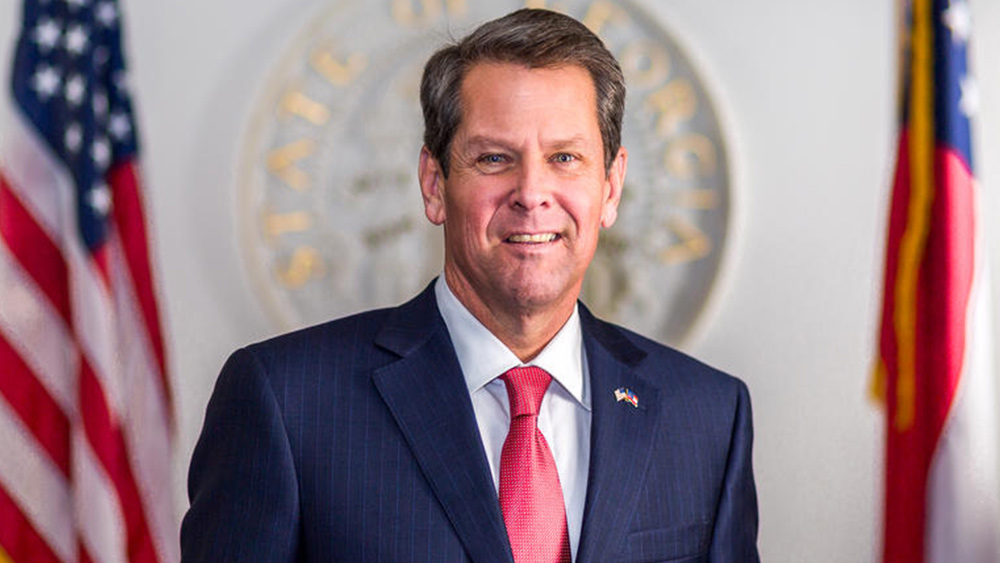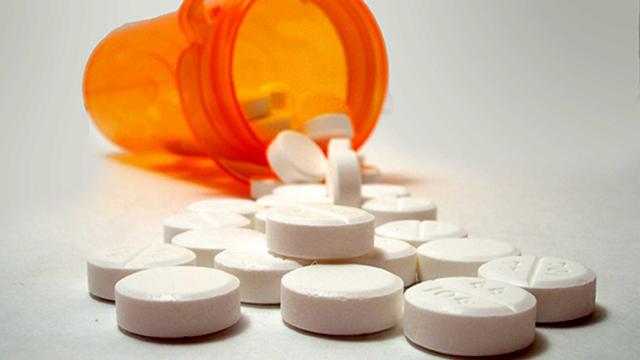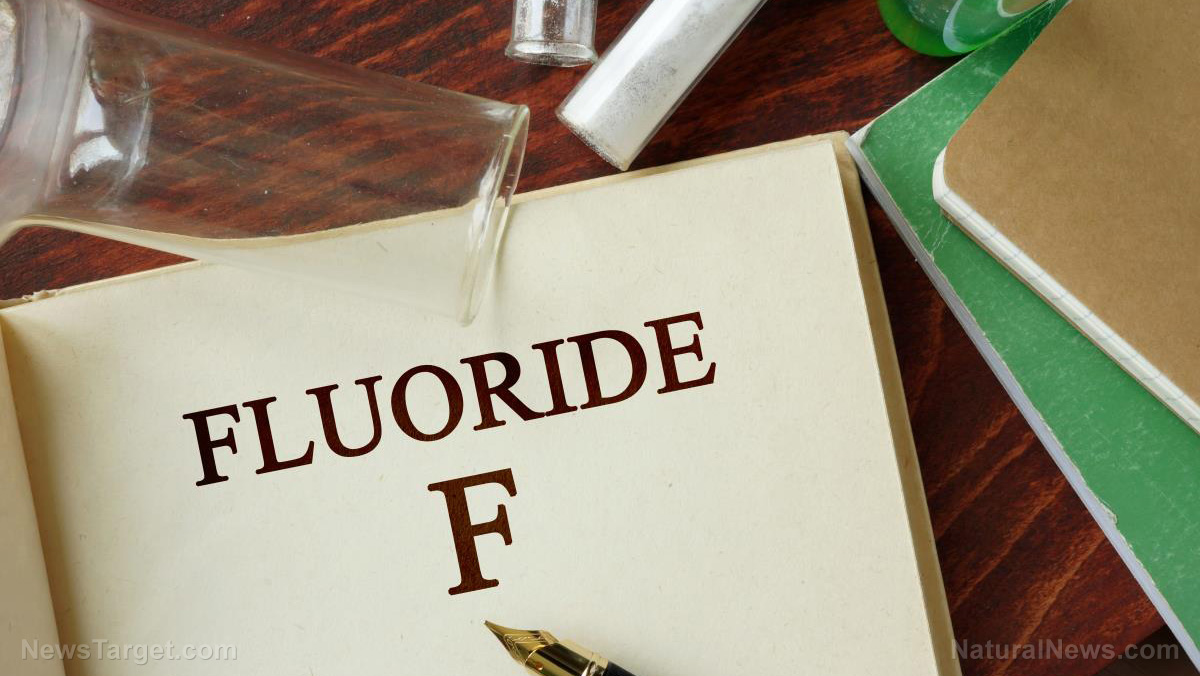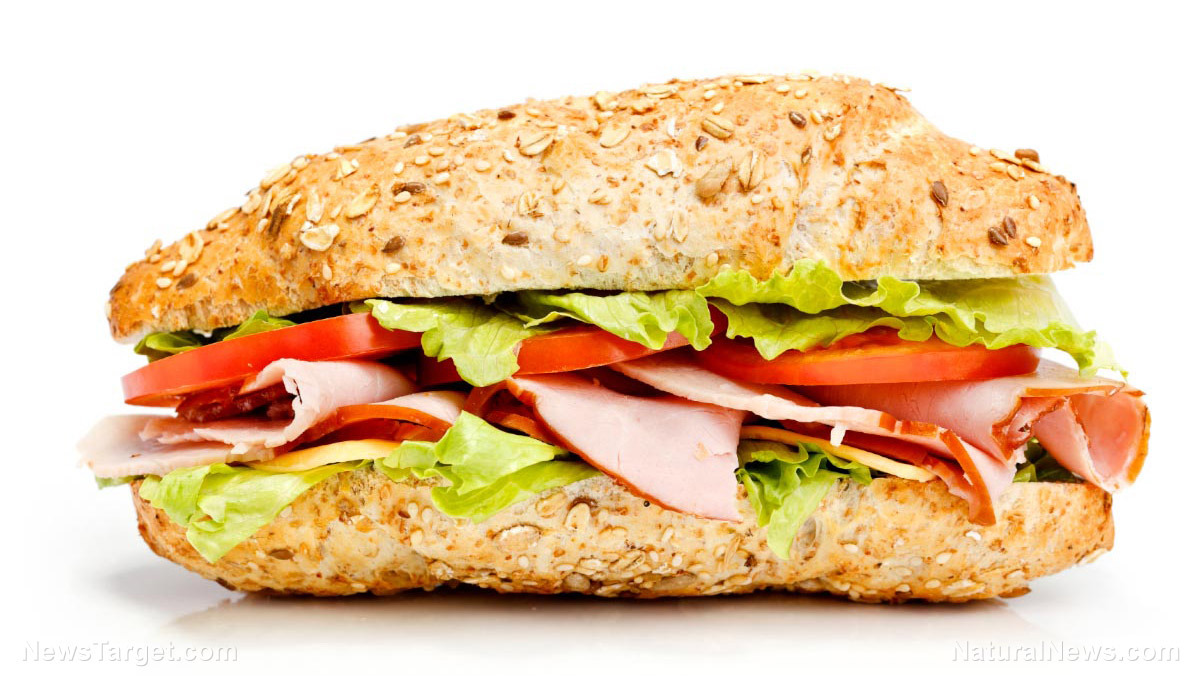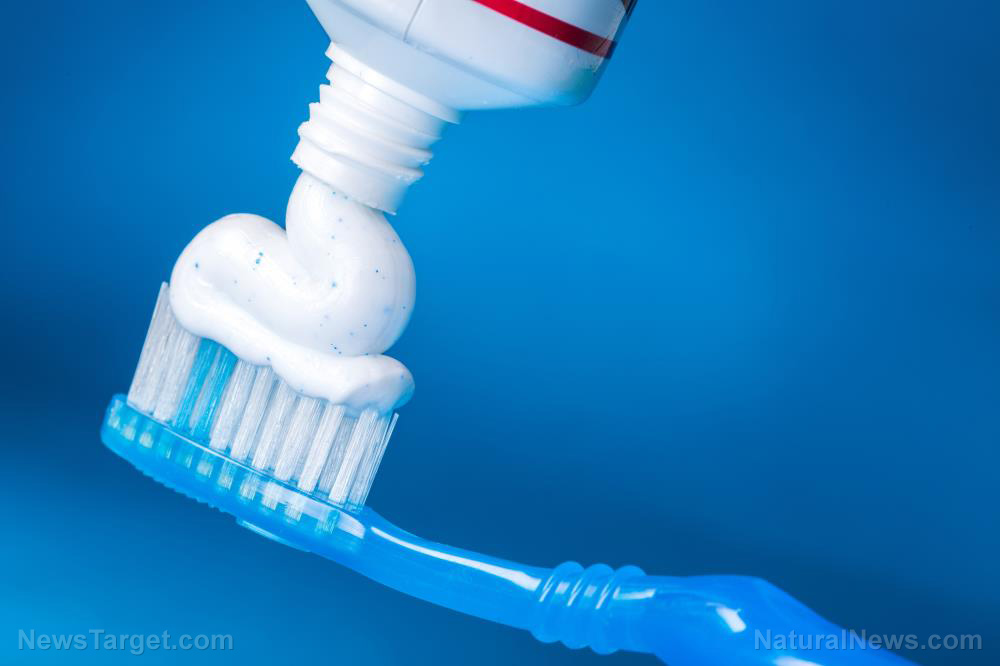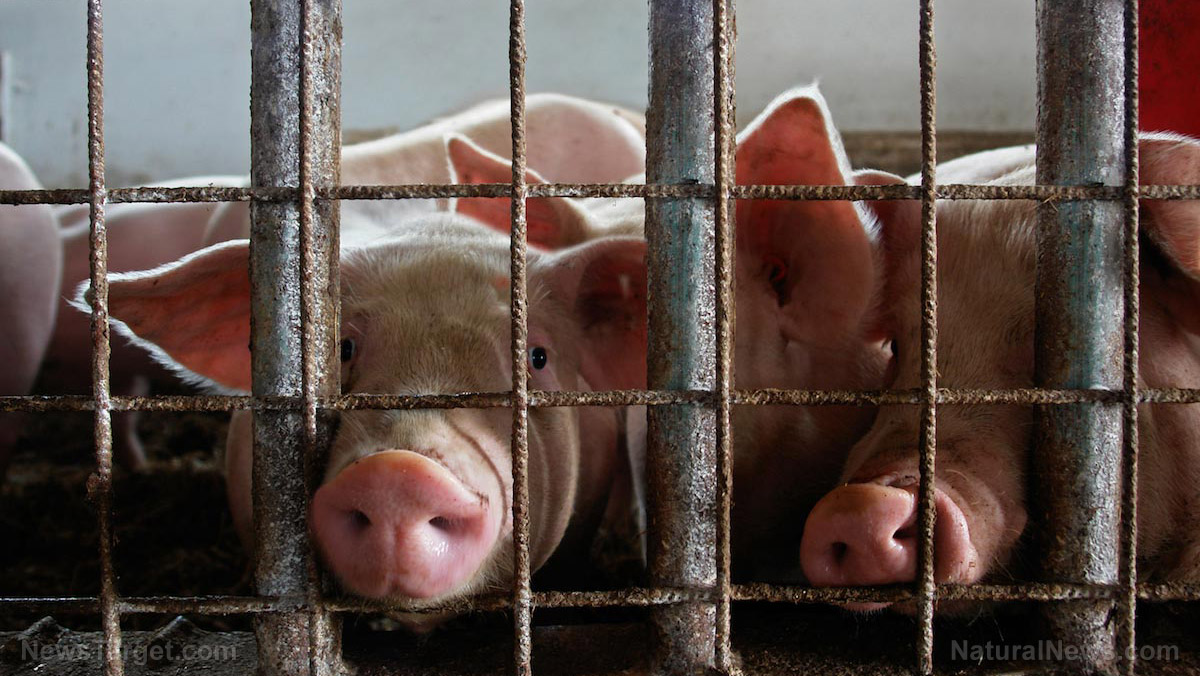Trump executive order targeting Big Pharma aims to slash drug prices by up to 80%
05/12/2025 / By Cassie B.
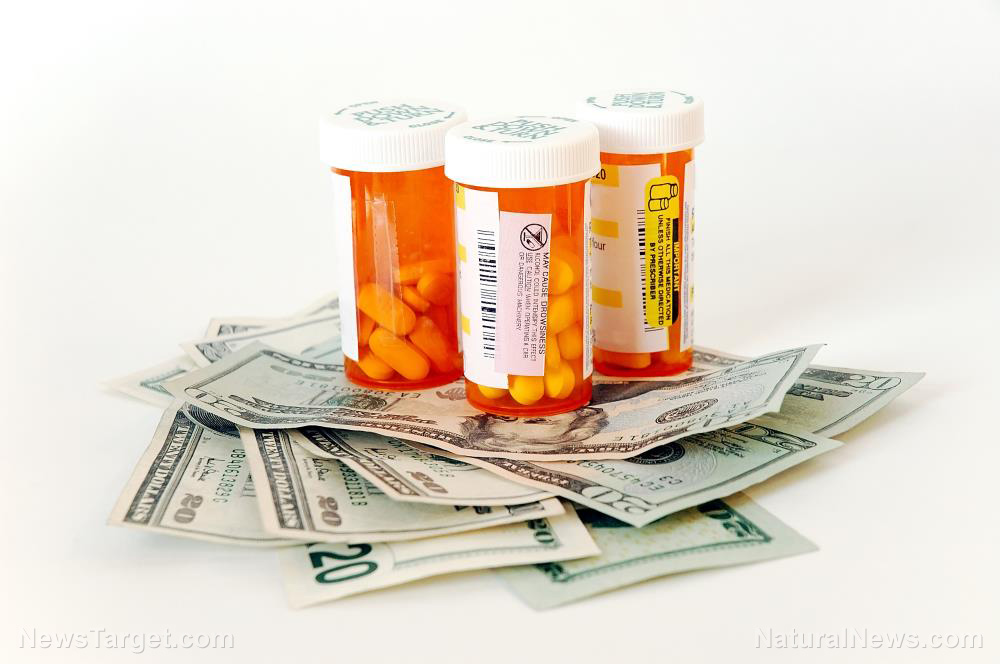
- President Trump announced a major executive order to slash U.S. prescription drug prices by 30% to 80%, calling it one of his administration’s most significant actions.
- The “most favored nation” policy will force drugmakers to charge Americans the same low prices they offer abroad, ending decades of inflated costs.
- Trump criticized Big Pharma for exploiting U.S. consumers, dismissing claims that high prices fund research while other countries pay far less for the same drugs.
- Pharmaceutical stocks dropped as the industry braces for impact, with legal challenges expected, though the administration is prepared to fight back.
- This move builds on Trump’s past efforts to lower drug costs, with potential immediate relief for millions, though details on implementation remain unclear.
President Donald Trump has announced a sweeping executive order that could dramatically reduce prescription drug prices in the U.S. by 30% to 80%, calling it one of the “most consequential” actions of his administration.
The move, set to be signed on Monday morning at the White House, targets the glaring disparity between U.S. drug prices and those in other nations, where the same medications often cost a fraction of the price. Trump’s “most favored nation” policy would force pharmaceutical companies to charge Americans the same low prices they offer abroad, finally ending what he calls an “embarrassing” and unfair system that has exploited U.S. consumers for decades.
The injustice of sky-high drug prices
For years, Americans have paid exorbitant prices for life-saving medications—sometimes five to ten times more than patients in other countries—despite the drugs being manufactured in the same facilities by the same companies. Trump blasted the pharmaceutical industry’s justification for these markups, dismissing claims that high U.S. prices fund critical research and development.
“The Pharmaceutical/Drug Companies would say, for years, that it was Research and Development Costs, and that all of these costs were, and would be, for no reason whatsoever, borne by the ‘suckers’ of America, ALONE,” Trump wrote on Truth Social. His executive order seeks to dismantle this predatory pricing model, ensuring fairness for American consumers.
How the “most favored nation” policy works
The cornerstone of Trump’s plan is a “most favored nation” policy, which would require drugmakers to sell medications to the U.S. at the lowest price offered anywhere in the world. This means if a drug is sold for $50 in France or Japan, the U.S. would pay the same and not the inflated $500 price tag often seen domestically.
“Our Country will finally be treated fairly, and our citizens’ Healthcare Costs will be reduced by numbers never even thought of before,” Trump declared. The policy could save the U.S. trillions of dollars while forcing other nations to pay more, balancing global drug pricing for the first time.
Pharmaceutical industry braces for impact
The announcement sent shockwaves through the pharmaceutical sector, with Asian drugmakers like Japan’s Chugai Pharmaceutical and South Korea’s Celltrion seeing immediate stock drops. The industry has long argued that slashing U.S. prices would cripple innovation, but Trump’s administration appears unmoved.
“Campaign Contributions can do wonders, but not with me, and not with the Republican Party,” he stated, signaling a hardline stance against Big Pharma’s lobbying efforts. Legal challenges are expected, as drug companies previously blocked a similar Trump-era proposal in court. However, with Medicare now empowered to negotiate drug prices under the Inflation Reduction Act, the administration may have stronger legal footing this time.
A long-standing battle for affordability
This isn’t Trump’s first attempt to rein in drug prices. During his first term, he proposed tying Medicare payments to the lowest prices paid by other developed nations, a plan projected to save $85 billion over seven years. That was struck down in court, but the concept has resurfaced with renewed urgency as drug costs continue to soar. Between 2022 and 2023 alone, prescription drug prices rose over 15%, with nearly half of increases exceeding inflation. Trump’s latest order could also expand price caps on insulin and epinephrine, building on earlier measures to protect low-income patients.
What’s next for American consumers?
If implemented, the policy could deliver near-immediate relief to millions of Americans burdened by high healthcare costs. However, critics warn that access to certain medications could be affected depending on how the policy is structured. The White House has yet to clarify whether the order will apply only to Medicare or extend to private insurers, but Trump’s promise of “FAIRNESS TO AMERICA!” suggests a broad-reaching approach. With the signing set for Monday morning, all eyes are on the details—and the inevitable legal and political battles to come.
Sources for this article include:
Submit a correction >>
Tagged Under:
big government, Big Pharma, drug prices, drug research, pharma fraud, Prescription drugs, Price gouging, progress
This article may contain statements that reflect the opinion of the author





